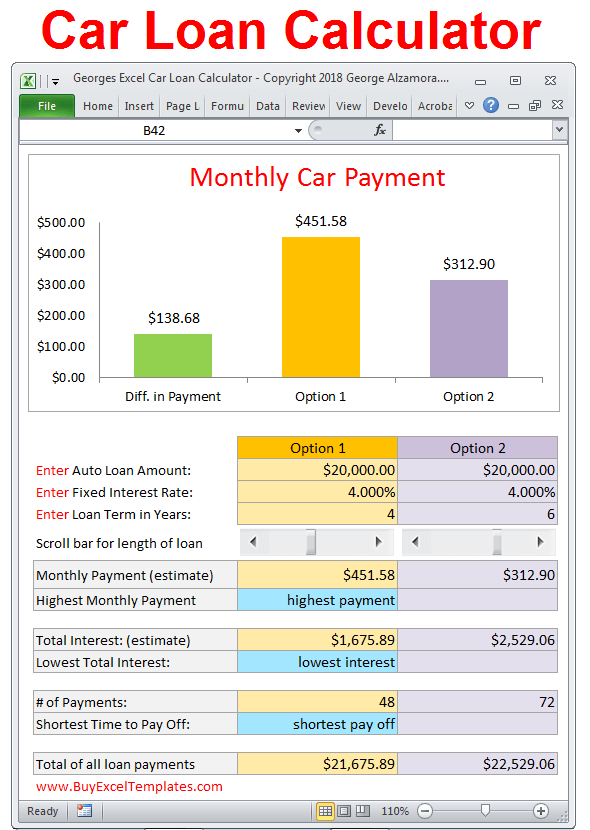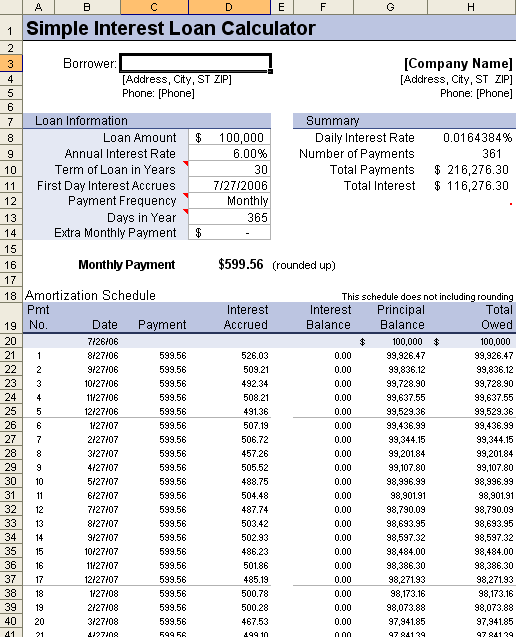
Due to their limited scope, they cannot utilize these loans for working capital or inventory. The maximum allowable term is six years.īorrowers typically take out CDC/504 Loans for long-term fixed-rate financing of real estate or equipment and debt refinancing. Lenders can approve microloans for as much as $50,000, though the average of these loans is no more than $15,000. Borrowers can utilize microloans for everything covered under 7(a) loans except paying off existing debt or purchasing real estate. These loans are intended for new or growing small businesses. They may take out loans as large as $5 million for up to 10 years for working capital or 25 years for fixed assets. Borrowers can also use the funds for debt financing. Such acquisitions may consist of machinery, equipment, land, or new buildings. These may include working capital or different types of purchases. This is the primary small business loan offered by the SBA, and it is usually what one means when referring to an "SBA loan."ħ(a) loans make up more than 75% of all SBA loans, and borrowers utilize them for varied purposes. The SBA offers four types of small business loans: Additionally, maximum loan limits may fall short of covering the more costly needs of some businesses. Moreover, approval may take longer, and their strict regulations tend to give business owners less freedom.

However, SBA loans require additional paperwork and extra fees.

This encourages loans by reducing lender risk. The SBA guarantees these lenders 75% to 90% of the loan amount in case of default. The actual SBA loan funds are not provided by the government, but by banks, local community organizations, or other financial institutions. Depending on the type of SBA loan, borrowers can use them for various purposes, including:

Small Business Administration, are designed to meet the financing needs of many different business types. Small Business Administration (SBA) loans, or loans federally regulated by the U.S. The following is a list of common loan options for U.S. A select few can require repayment when the loans mature.īusiness loans also come in many different forms. Most business loans will require monthly repayments, though some may call for weekly, daily, or interest-only payments. Like other loans, the terms require the borrower to pay back both the principal and the interest. Related Loan Calculator | Interest Calculatorīusiness loans, like the name implies, are loans intended for business purposes.


 0 kommentar(er)
0 kommentar(er)
